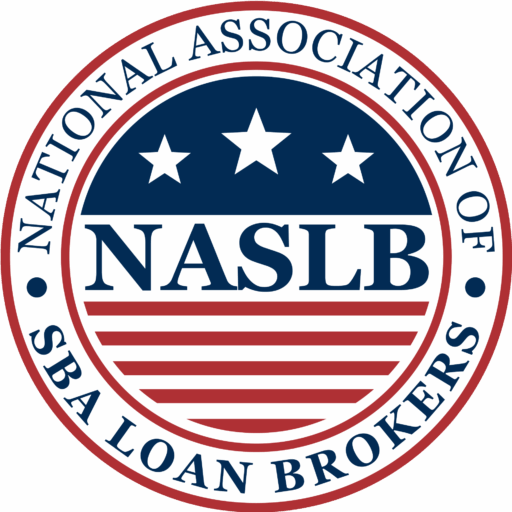June 1, 2025
Bob Coleman
Executive Director, NASLB
House Passes SBA Loan Agent Oversight Bill
The House of Representatives has advanced legislation that could reshape how brokers operate in the SBA 7(a) lending market. Representative Dan Meuser’s bill, the “7(a) Loan Agent Oversight Act” (H.R. 1804), cleared the House Small Business Committee with bipartisan backing and has since passed the full chamber.
For the thousands of brokers and packagers who help small businesses access SBA financing, the bill represents both a new compliance burden and an opportunity to validate their role in the lending ecosystem.
Why Brokers Are in the Spotlight
The SBA’s Inspector General has long flagged concerns about third-party loan agents. Over the last decade, more than $335 million in fraudulent activity was traced to improper broker involvement. That scrutiny has placed brokers under a microscope, despite the fact that many serve as essential connectors between entrepreneurs and lenders.
Brokers play a crucial role for borrowers who may lack financial sophistication or who struggle to navigate the SBA’s complex paperwork. They package deals, liaise with lenders, and streamline the path to funding. Without their assistance, many small businesses would never make it through underwriting.
What the Bill Requires
H.R. 1804 directs the SBA’s Office of Credit Risk Management to publish an annual report to Congress. That report will break down:
- How many SBA loans involve brokers or packagers
- The performance of those loans, including default rates
- Risk assessments tied to broker participation
For brokers, this means their activity and performance will be tracked more closely than ever before — not just by the SBA, but by lawmakers, watchdogs, and the press.
The Broker Takeaway
Brokers who already run clean, transparent businesses may see this as a chance to distinguish themselves. Strong performance metrics could help build credibility with lenders, attract more referral partners, and demonstrate the value of skilled intermediation.
On the other hand, the legislation also signals that the era of loose oversight is ending. Brokers with opaque practices or inconsistent performance records could find themselves pushed out of the market.
Looking Ahead
For now, the industry is waiting to see how the Senate handles the bill and what reporting standards the SBA will adopt if it becomes law.
The bottom line: this legislation won’t eliminate brokers — it will separate the professionals from the pretenders. Those who embrace transparency, deliver strong results, and demonstrate compliance stand to emerge stronger in the next chapter of SBA lending.
